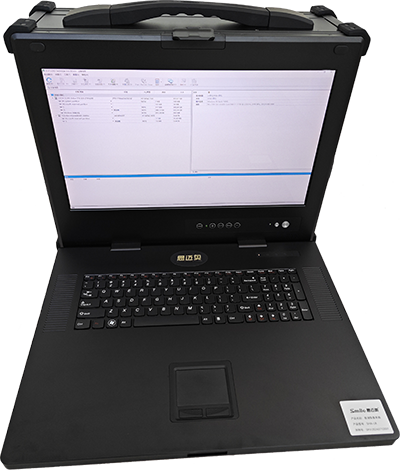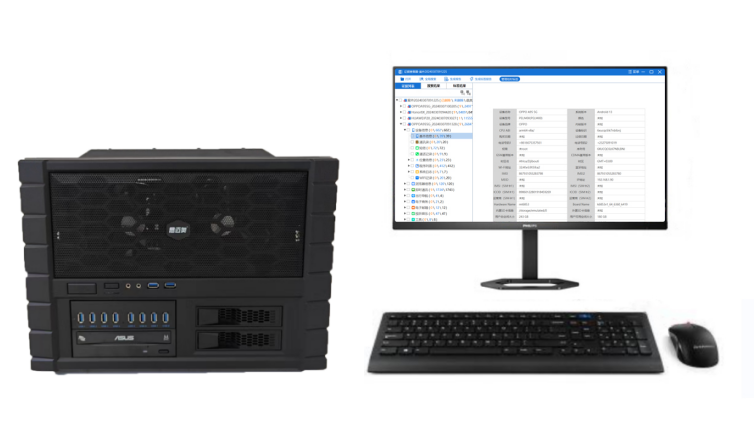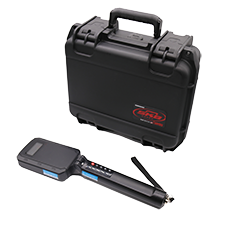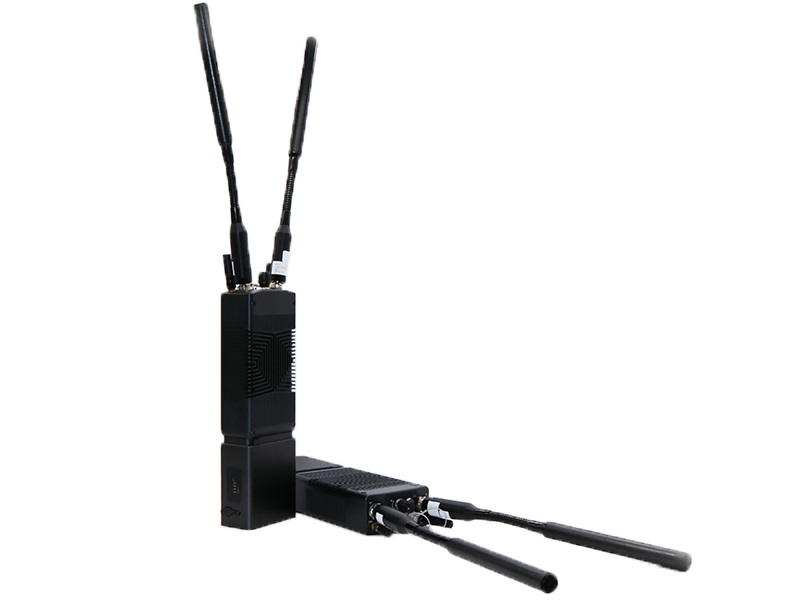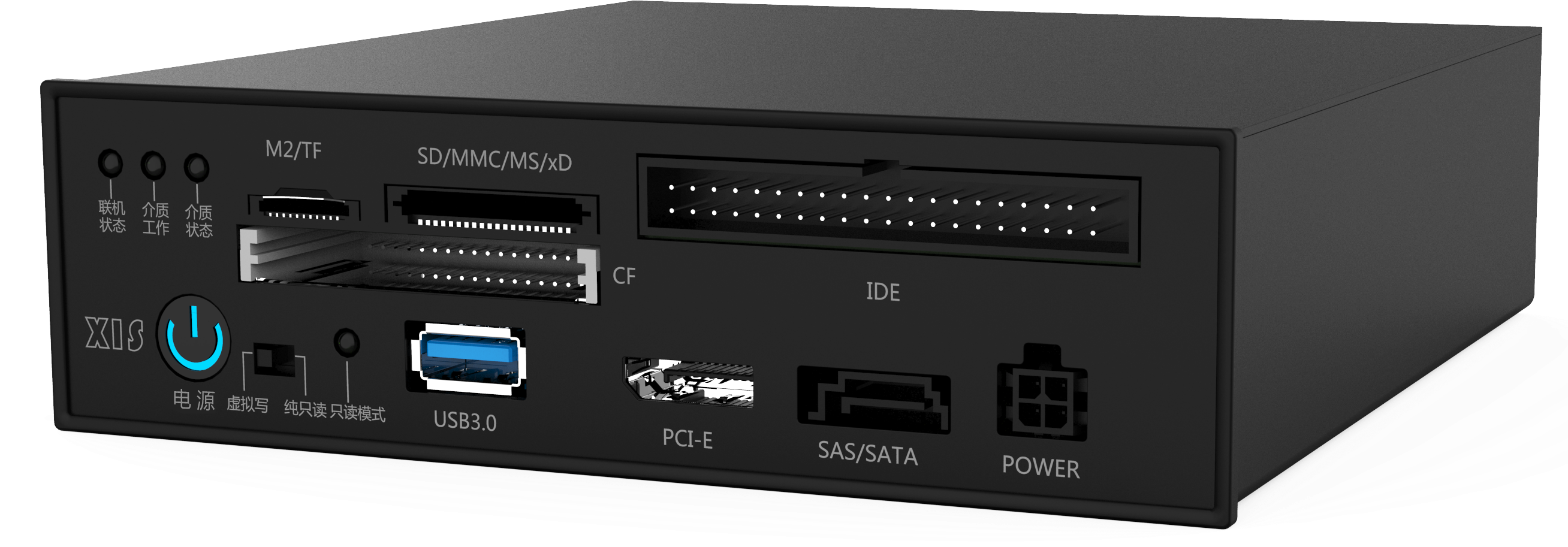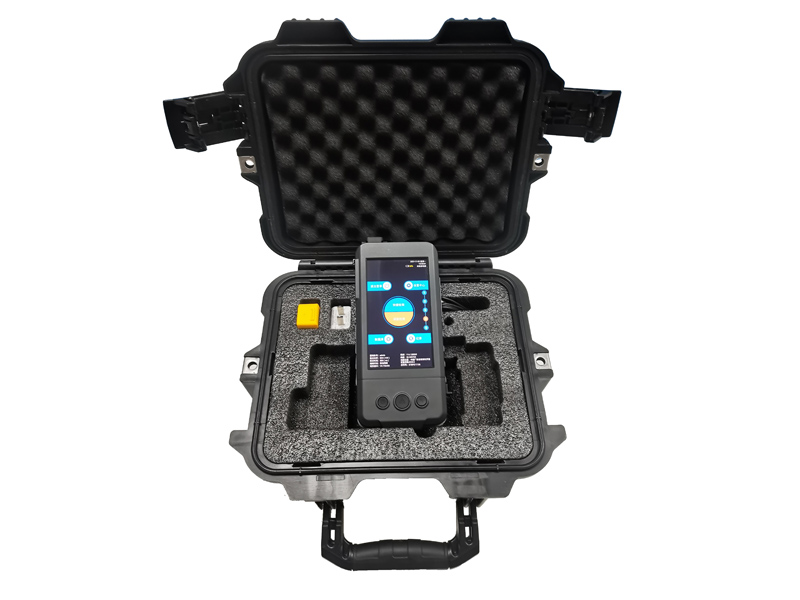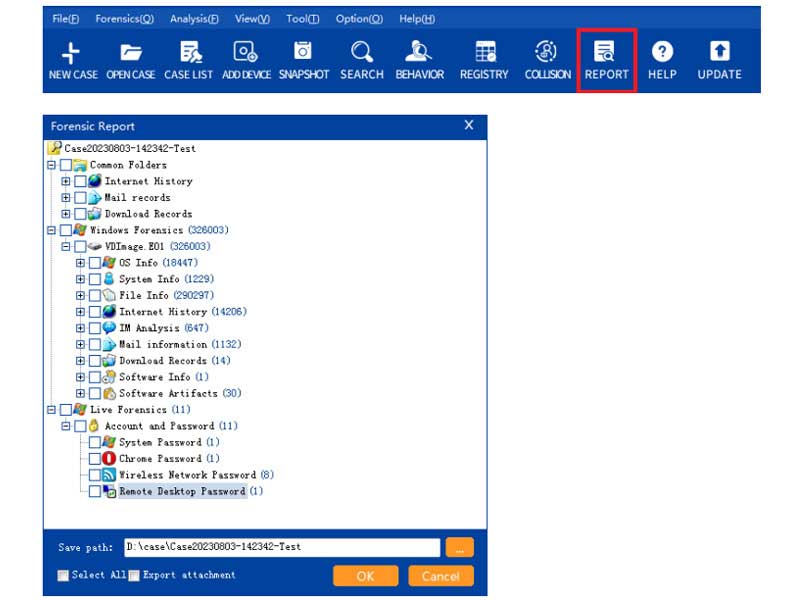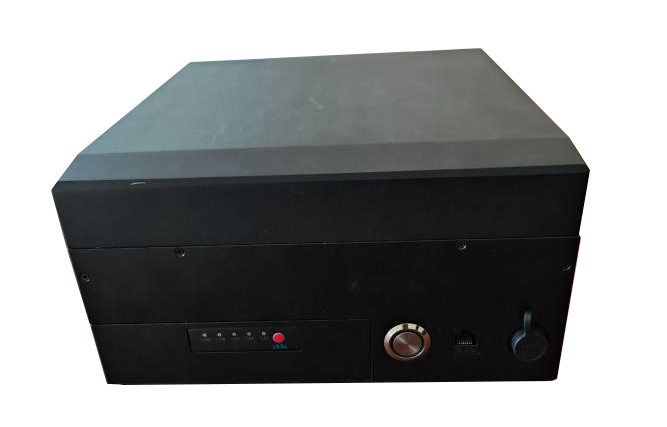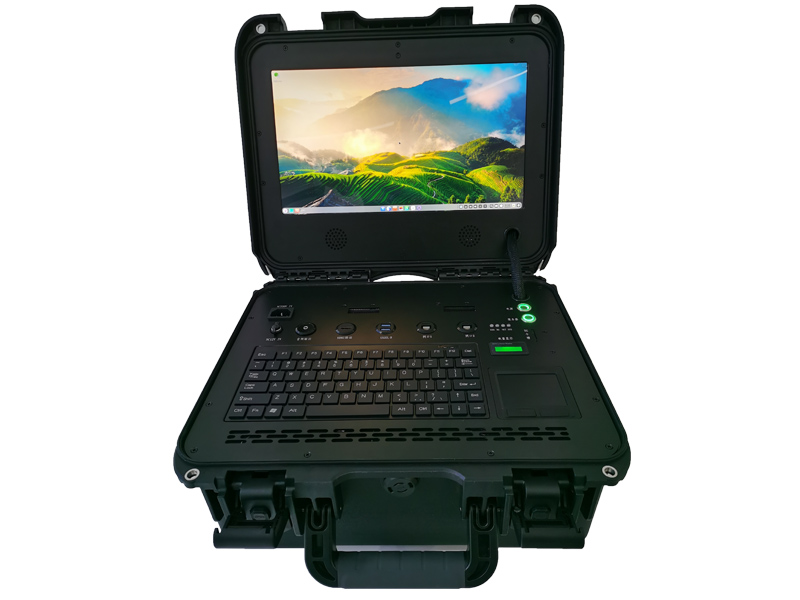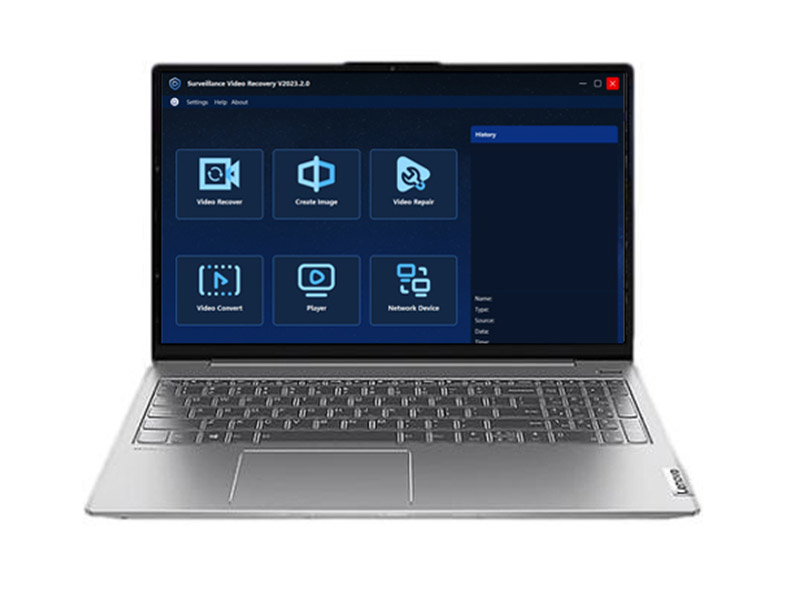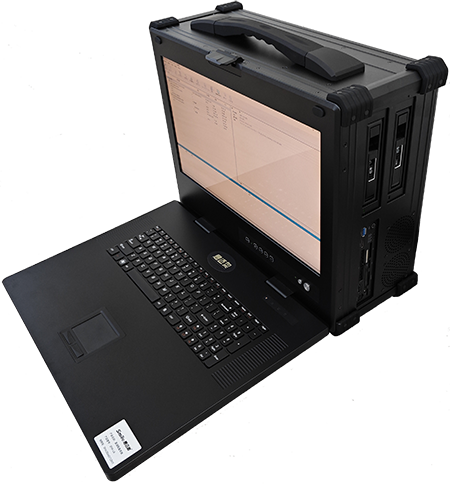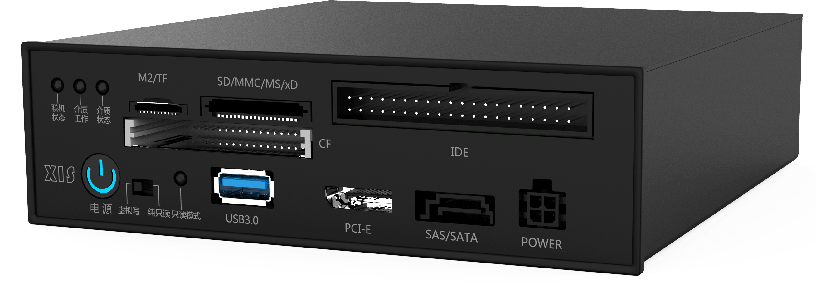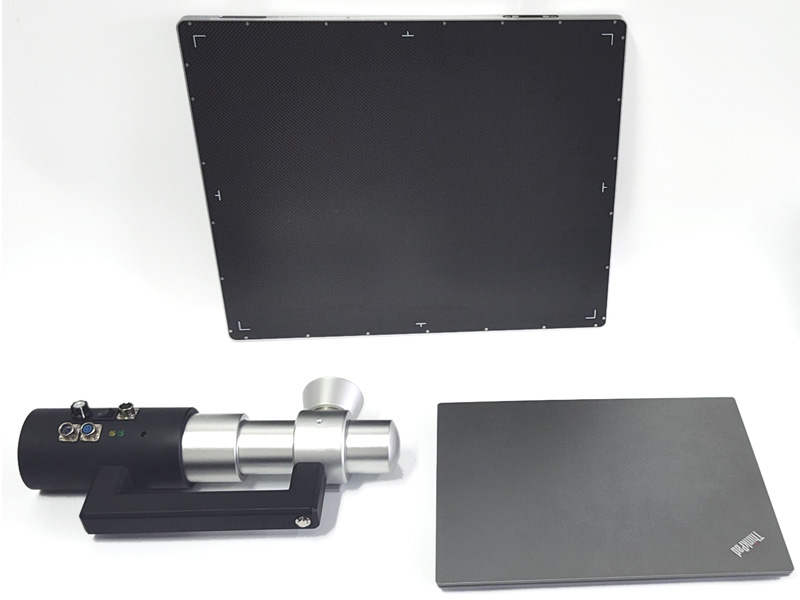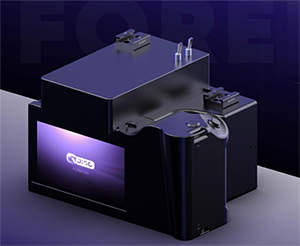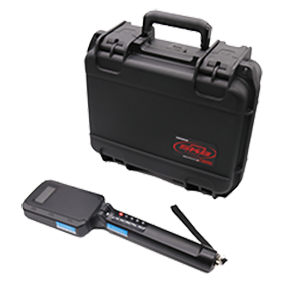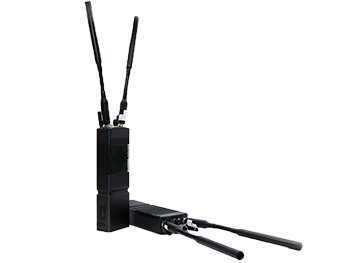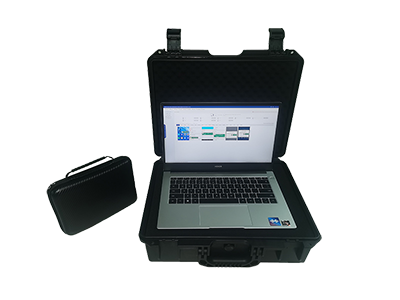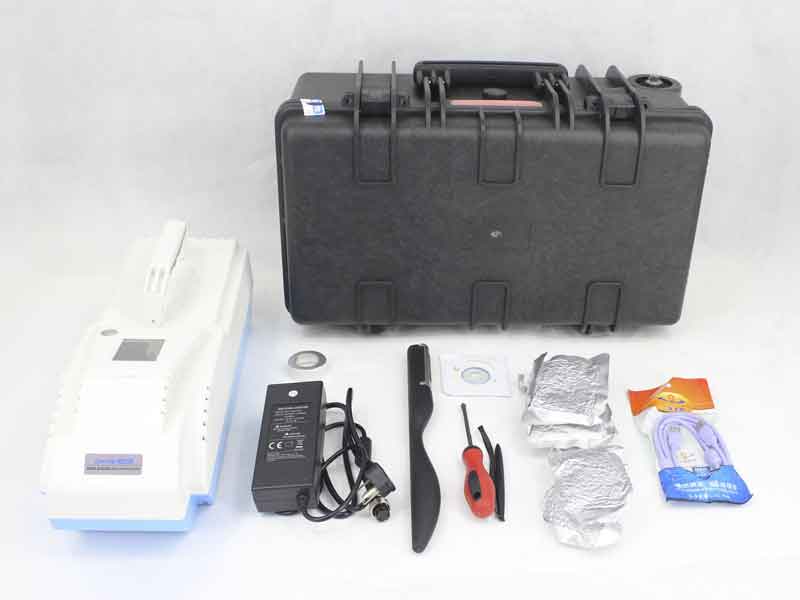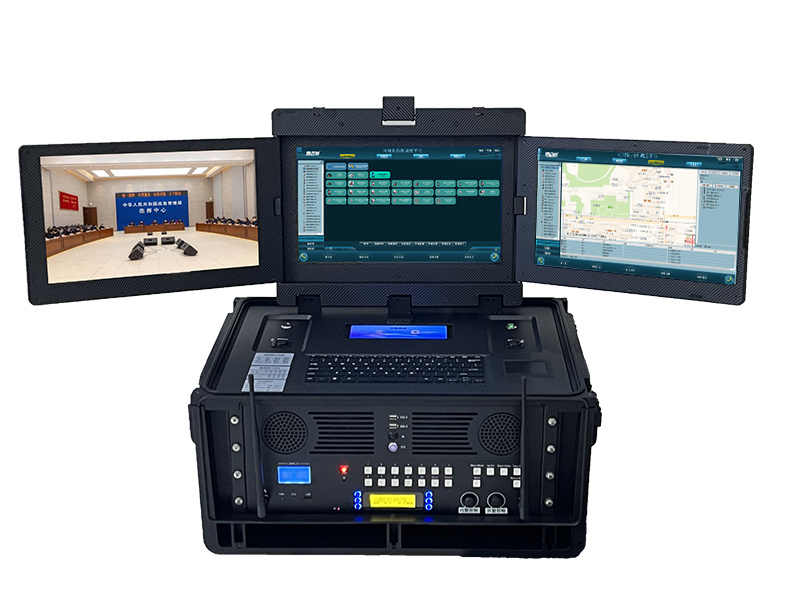2025-09-30 Browsed: Time
2025-09-30 Browsed: Time
Criminals often leave behind traces on computers, hard drives, and other storage media—whether it’s communication records, financial transactions, or deleted files. To uncover these digital clues, investigators rely on forensic workstations, specialized systems designed to extract, protect, and analyze electronic evidence without compromising its integrity.
Unlike standard computers, forensic workstations are purpose-built for digital investigations. They combine powerful processing performance with secure read-only interfaces and high-capacity storage, giving investigators the tools to handle complex cases efficiently.
Forensic workstations support a wide range of tasks critical to law enforcement:
l Provide write-protected access, ensuring that original evidence is never altered during examination.
l Perform high-speed hard drive imaging, creating exact, verifiable copies for secure analysis.
l Support advanced data recovery, making it possible to restore deleted, hidden, or corrupted files.
l Offer password decryption and cracking tools, allowing investigators to access encrypted materials.
l Enable comprehensive forensic analysis, from keyword searches and browser history reviews to tracking user activity across multiple devices.
These functions give police the ability to turn raw data into actionable intelligence.
In a major telecom fraud case, police seized several computers and hard drives from suspects. Investigators used a forensic workstation to create write-protected images of the drives, safeguarding the integrity of the evidence.
With the system’s built-in analysis capabilities, officers quickly uncovered browser activity, recovered deleted chat logs, and traced digital financial transactions. This allowed them to reconstruct the syndicate’s communication methods and identify how money was being moved. The findings became decisive evidence in court, helping secure convictions against the fraud network.
Digital crime is constantly evolving, with suspects using encryption, hidden storage, and data wiping techniques to cover their tracks. Forensic workstations give law enforcement the ability to stay ahead. They allow parallel processing of multiple devices, shorten investigation timelines, and ensure that digital evidence is collected in a way that meets legal admissibility standards.
From cybercrime to fraud investigations, forensic workstations have become indispensable tools for modern police work. By protecting evidence integrity while delivering powerful recovery and analysis capabilities, they help investigators reveal hidden data and transform it into reliable evidence. In doing so, these systems strengthen the fight against digital crime and support the pursuit of justice.

